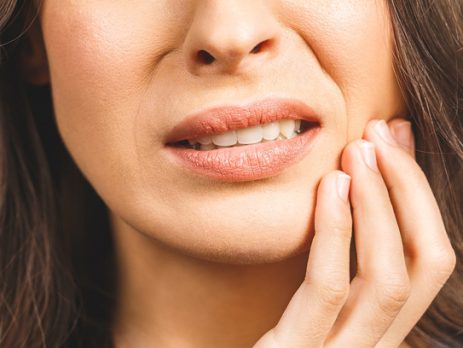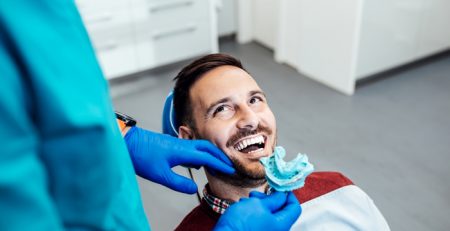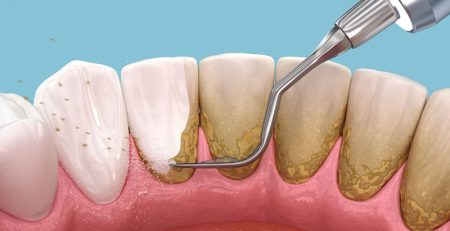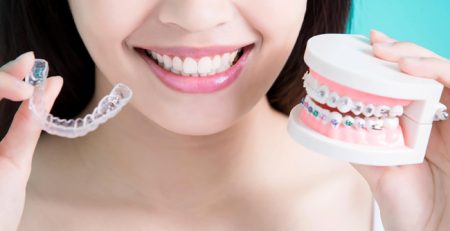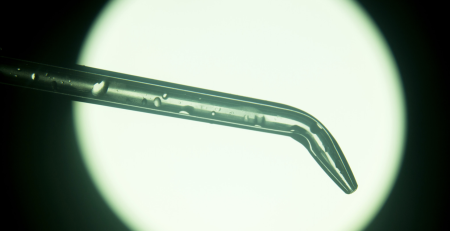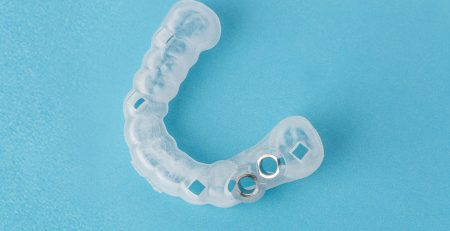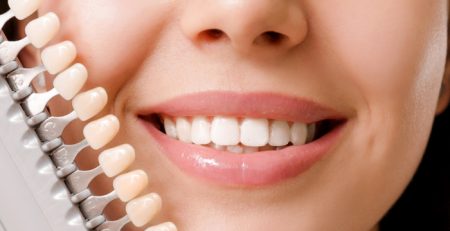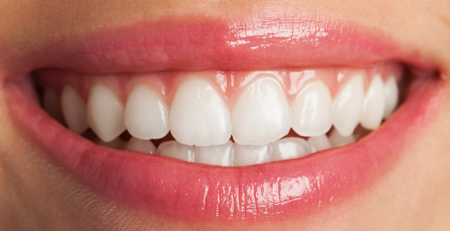Teeth Grinding (Bruxism) Treatment – Night Guard & Botox in Tuzla – Melsadent
Teeth Grinding (Bruxism) – Causes and Treatment Options
Discover detailed information about teeth grinding treatment, night guards, and Botox applications in Tuzla at Melsadent Oral and Dental Health Clinic!
Teeth grinding, medically known as bruxism, is a common jaw condition where an individual unintentionally clenches or grinds their teeth, often becoming more noticeable during sleep. This condition can negatively affect both oral and dental health and may lead to temporomandibular joint (TMJ) disorders.
What Causes Bruxism?
The primary causes of teeth grinding may vary. The most common factors include:
Stress and Anxiety: Emotional stress, tension, and anxiety in daily life are among the leading causes of bruxism.
Sleep Disorders: Bruxism is more prevalent in individuals with sleep problems such as sleepwalking, snoring, or sleep apnea.
Dental Issues: Misalignment of teeth (malocclusion), missing teeth, or poorly fitted fillings and prosthetics.
Neurological and Medication Factors: Certain antidepressants or neurological disorders can trigger bruxism.
Genetic Factors: A family history of bruxism increases the likelihood of experiencing the condition.
What Are the Symptoms of Teeth Grinding?
Bruxism often goes unnoticed by the individual. However, the following symptoms may indicate teeth grinding:
– Jaw pain or fatigue in the morning
– Worn, cracked, or broken teeth
– Thinning of tooth enamel
– Headaches and neck pain
– Pain around the ears (without ear disease)
– Grinding noises during sleep (often noticed by a partner)
– Gum recession
– Limited mouth opening or jaw locking
If these symptoms are present, it is crucial to consult a dentist for evaluation.
Problems Caused by Bruxism
Long-term teeth grinding can severely impact oral and jaw health. Without treatment:
– Significant tooth wear and sensitivity may develop
– Fillings, crowns, or implants may get damaged
– TMJ problems and jaw locking can occur
– Periodontal disease progression may accelerate
– Aesthetic issues may arise
Bruxism Treatment Options
Treatment should be tailored to the underlying cause and individual needs. At Melsadent Oral and Dental Health Clinic, we offer modern treatment approaches including:
1. Night Guard (Occlusal Splint)
Custom-made transparent acrylic guards worn at night to prevent tooth wear and reduce pressure on jaw muscles. They reduce friction and strain between teeth.
2. Botox Application
A widely used method in recent years, low-dose Botox injections into the chewing muscles (especially the masseter) reduce muscle tension and relieve jaw pressure. Effects typically last 4–6 months.
3. Orthodontic Treatments
If misaligned teeth are causing bruxism, orthodontic therapy can correct bite issues and prevent teeth grinding habits.
4. Psychological Support and Stress Management
In stress-related bruxism, psychotherapy, relaxation exercises, and coping strategies can be beneficial. Medication may be prescribed under psychiatric supervision if needed.
5. Physiotherapy and Muscle Exercises
Physical therapy techniques can relax jaw muscles, relieve pain, and maintain jaw mobility as supportive treatment.
Why Early Intervention in Bruxism Is Important
Bruxism is a progressive condition, so early diagnosis and treatment are crucial. Early intervention can prevent serious complications such as tooth wear, fractures, or jaw joint damage while improving overall quality of life.
Achieve a Healthy Smile with Melsadent
At Melsadent Oral and Dental Health Clinic, we provide effective bruxism solutions through personalized treatment plans, modern technology, and our team of expert dentists. If you experience teeth grinding problems, contact us for a detailed examination and evaluation without delay.
You can also reach us easily and schedule an appointment via melsadent.com to overcome teeth grinding complaints and achieve a healthy oral structure.

